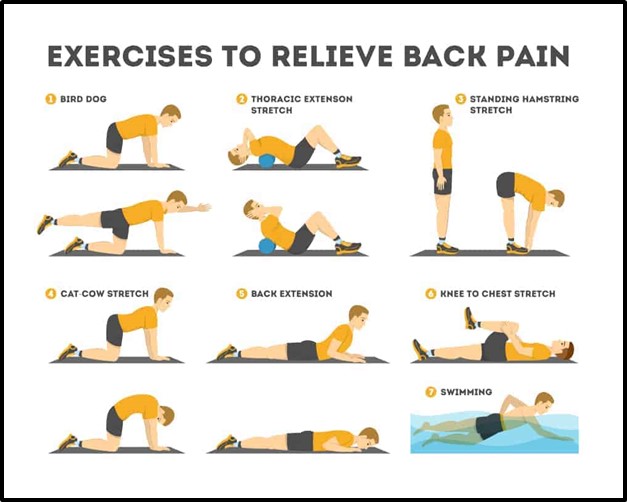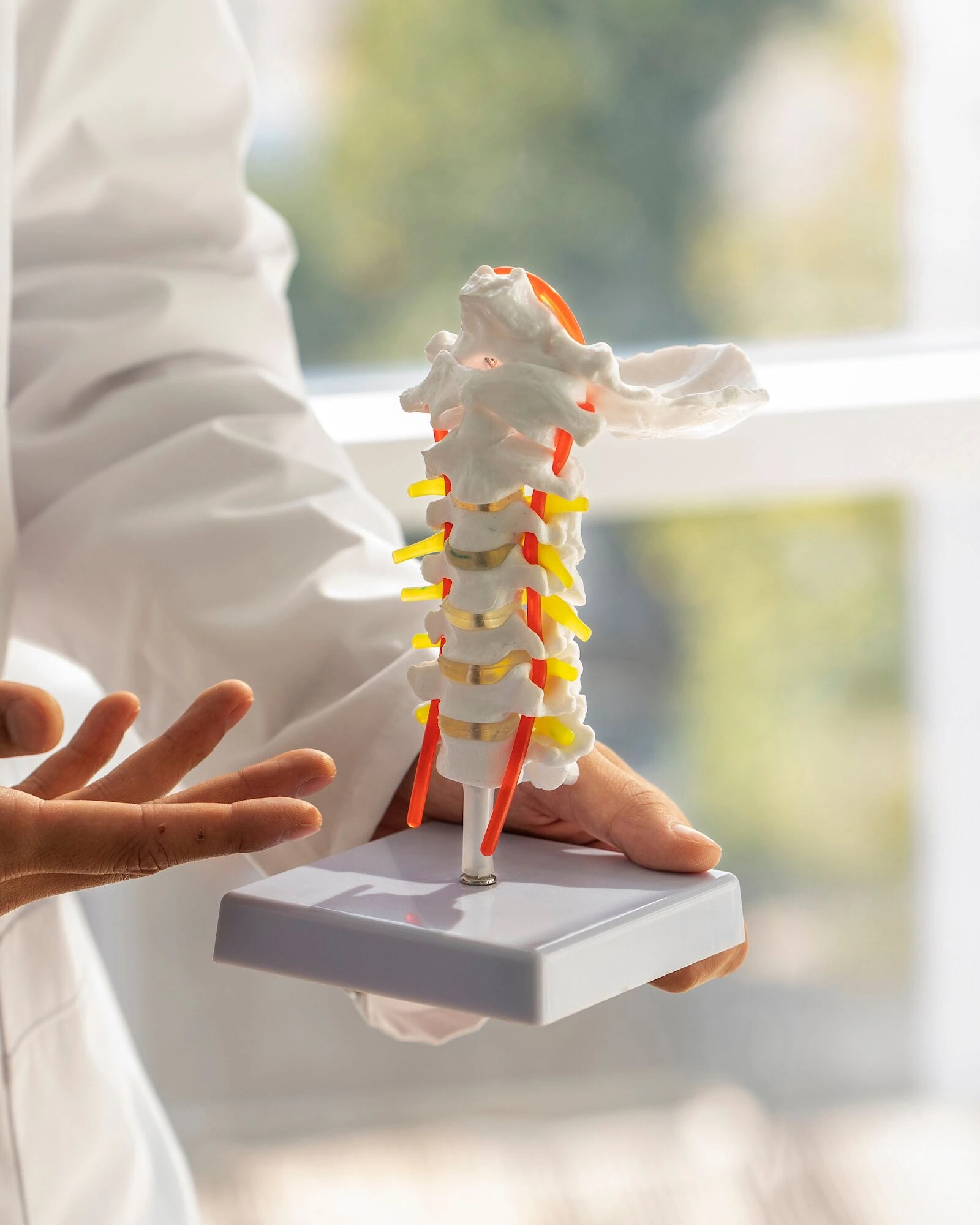Poor Posture
Poor posture, such as slouching or hunching over your desk or phone, can strain your spine. To combat this, sit and stand with your back straight and shoulders back. Use ergonomic furniture and take regular breaks to adjust your posture.
Sitting for Long Periods
Prolonged sitting compresses the discs in your spine and weakens muscles. Take breaks every 30 minutes to stand, stretch, and walk around. Consider using a standing desk if possible.
Lifting Incorrectly
Lifting heavy objects with your back instead of your legs can cause injury. Bend at your knees, keep the object close to your body, and lift with your legs, not your back.
Sleeping on an Unsupportive Mattress
A mattress that is too soft or too firm can misalign your spine. Choose a mattress that supports your spine’s natural curve and replace it every 7-10 years.
Wearing High Heels
High heels alter your posture and put stress on your lower back. Limit wearing high heels to special occasions and opt for comfortable, supportive footwear for everyday use.
Carrying Heavy Bags
Carrying heavy bags on one shoulder can cause an imbalance and strain your spine. Use a backpack with two straps to evenly distribute the weight, or use a wheeled bag.
Poor Workstation Setup
An improperly arranged workstation can lead to awkward postures. Ensure your computer screen is at eye level, your chair supports your lower back, and your feet are flat on the floor.

Lack of Exercise
A sedentary lifestyle can weaken the muscles that support your spine. Incorporate regular exercise into your routine, focusing on strengthening your core muscles.
Smoking
Smoking reduces blood flow to the discs in your spine, leading to degeneration. Quit smoking to improve your overall health and spine health.
Ignoring Pain
Ignoring back pain or hoping it will go away on its own can lead to more serious issues. Pay attention to your body and seek medical advice if you experience persistent back pain.
By being aware of these habits and making small changes, you can significantly improve your spinal health and reduce the risk of back pain.












